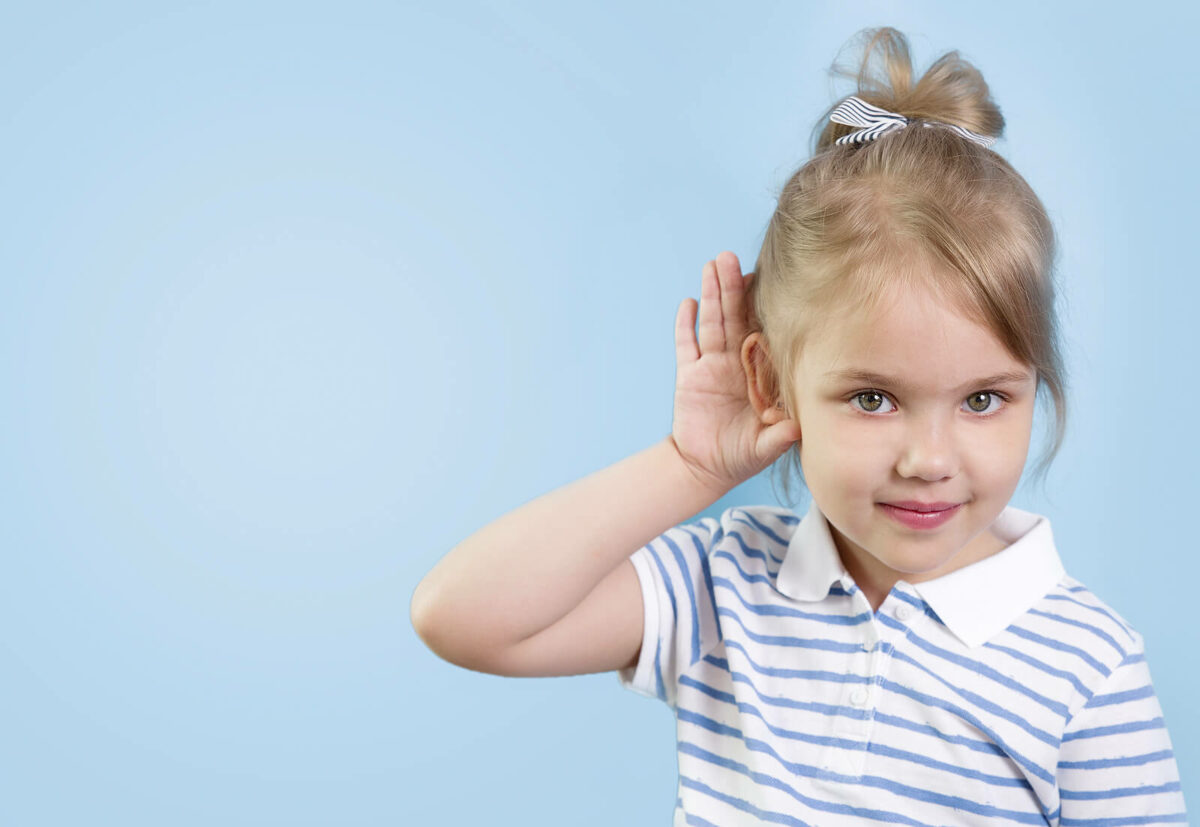Hearing is an essential aspect of our daily lives, allowing us to communicate, learn, and experience the world around us. However, hearing loss can affect anyone, regardless of age, and it can be especially detrimental to children’s development. In this blog post, we will explore the prevalence of pediatric hearing loss and discuss its diagnosis, treatment options, impact, and prevention.
Prevalence of Pediatric Hearing Loss
Pediatric hearing loss is a widespread issue affecting millions of children worldwide. According to the World Health Organization (WHO), approximately 34 million children worldwide have hearing loss. In the United States alone, approximately three in 1,000 children are born with hearing loss, and one in eight children experience hearing loss by the age of 8.
Causes
Pediatric hearing loss can have many causes, including genetic factors, complications at birth, certain infections, exposure to loud noises, certain medications, and head trauma. In some cases, the exact cause of pediatric hearing loss may not be known. Here are some common causes of pediatric hearing loss:
- Genetic factors: Some types of hearing loss are inherited and may run in families.
- Complications at birth: Premature birth, low birth weight, and lack of oxygen during birth can all increase the risk of hearing loss in newborns.
- Infections: Certain infections such as meningitis, cytomegalovirus (CMV), and rubella can lead to hearing loss.
- Exposure to loud noises: Prolonged exposure to loud noises, such as listening to music at high volumes, can damage the inner ear and lead to hearing loss.
- Certain medications: Certain medications, such as some antibiotics and chemotherapy drugs, can cause hearing loss as a side effect.
- Head trauma: Trauma to the head can damage the inner ear and lead to hearing loss.
It’s important to note that in many cases, pediatric hearing loss can be treated with interventions such as hearing aids, cochlear implants, or other assistive devices. Early detection and intervention are key in managing hearing loss in children.
Impact of Pediatric Hearing Loss
Pediatric hearing loss can have a significant impact on a child’s development and well-being. Children with hearing loss may experience delays in speech and language development, leading to difficulties in communication and academic performance. Additionally, hearing loss can lead to social isolation and affect a child’s self-esteem.
Diagnosis of Pediatric Hearing Loss
Early detection of pediatric hearing loss is crucial to minimize the impact on a child’s development. Most developed countries have established screening protocols for newborns, with the goal of detecting hearing loss as early as possible. These screening tests can be conducted before leaving the hospital or in a clinic setting.
If a child fails the initial screening test, further diagnostic tests are needed to determine the severity and type of hearing loss. These tests can include auditory brainstem response testing (ABR), otoacoustic emissions (OAE), and behavioral testing.
Treatment Options for Pediatric Hearing Loss
Fortunately, there are several treatment options available for children with hearing loss. The most common treatment option is hearing aids, which amplify sound and improve speech recognition. Modern hearing aids are discreet, comfortable, and highly effective, making them an excellent choice for children of all ages.
In some cases, cochlear implants may be recommended for children with severe or profound hearing loss. However, it’s worth noting that cochlear implants are not suitable for everyone, and they require a surgical procedure to implant the device.
Speech therapy is also an important aspect of treating pediatric hearing loss, as it helps children develop their speech and language skills. Early intervention is essential to maximize the benefits of speech therapy.
Prevention of Pediatric Hearing Loss
Preventing pediatric hearing loss is an important aspect of promoting children’s health and well-being. Vaccinations can help prevent infections that can cause hearing loss, and pregnant women can take steps to reduce their exposure to ototoxic drugs. Noise exposure is also a significant risk factor for hearing loss, so parents should take steps to protect their children’s hearing in loud environments.
If you suspect that your child may have hearing loss, it’s essential to seek treatment as soon as possible. Early intervention can help minimize the impact of hearing loss on your child’s development, and modern hearing aids are highly effective and discreet.
At our hearing practice, we offer a range of hearing services and treatments for those with hearing loss. Contact us today to schedule an appointment and learn more.

